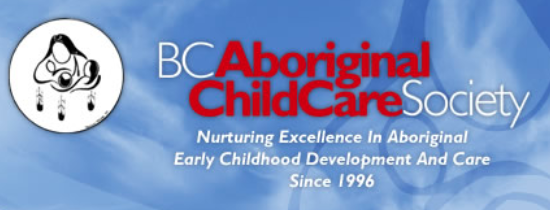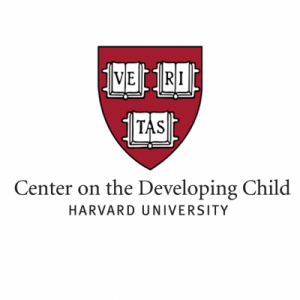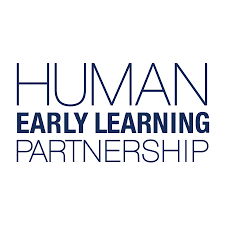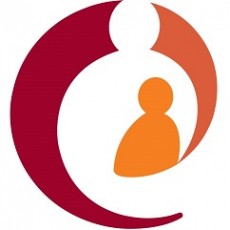
BC Aboriginal Childcare Society
Described as a model for other First Nations organizations in Canada, the British Columbia Aboriginal Child Care Society (BCACCS) was established in 1996 and is committed to nurturing excellence through community outreach, training, education, research and advocacy, to ensure every Aboriginal child in BC has access to spiritually enriching, culturally relevant, high quality early childhood development services. Focused on promoting healthy growth and development among Aboriginal children, one of its main purposes is to help Aboriginal communities develop high quality, integrated, community child care services that are based in the children’s culture, language and history. It also builds an Aboriginal child care network by undertaking research, development, advocacy and supporting communities to develop their own resources.

Center on the Developing Child, Harvard University
The Center on the Developing Child at Harvard University’s diverse activities align around building an R&D (research and development) platform for science-based innovation, and transforming the policy and practice landscape that supports and even demands change. We do this because society pays a huge price when children do not reach their potential, because half a century of policies and programs have not produced breakthrough outcomes, and because dramatic advances in science are ready to be used to achieve a promising future for every child.
Visit the Center website to access the array of resources available.

Human Early Learning Partnership (HELP)
HELP is a collaborative, interdisciplinary research network, based at the School of Population and Public Health at The University of British Columbia. HELP’s unique partnership brings together many scientific viewpoints to address complex early child development (ECD) issues. HELP connects researchers and practitioners from communities and institutions across B.C., Canada, and internationally.
HELP’s interdisciplinary approach reaches from ‘cell to society’. We study everything from how early experience affects the development of the brain, to children’s development over time, to family policy. HELP builds on a range of population health approaches, including social determinants of health. HELP takes a life course approach, accepting the early years as the first and most critical in determining life-long health and wellbeing.

Ontario Provincial Centre of Excellence for Early Years and Child Care
Western University and the Ontario Reggio Association (ORA) lead the Provincial Centre of Excellence for Early Years and Child Care with invaluable support from a growing number of partners in the six ministerial regions of Ontario. The Provincial Centre of Excellence promotes the calls to action of the Truth and Reconciliation Commission (2015) and embraces the values of Ontario’s pedagogical framework How Does Learning Happen (2014), including the view of children as protagonists in their own lifeworlds with participatory rights and responsibilities. It recognizes children and educators as capable, resourceful co-researchers, interested in inquiring seriously into the world around them. At the core, the Centre is a public forum for the advancement of early childhood pedagogies in Ontario where educators, children, families, instructors, leaders, and researchers are invited to collaboratively reimagine early childhood education as spaces for democratic possibilities.

Representative for Children and Youth
The representative for children and youth supports children, youth and families who need help in dealing with the child welfare system, and advocates for changes to the system itself.
The Representative for Children and Youth has the mandate to protect and help children and youth from birth to age 19, as well as families in BC. The representative is not part of the Ministry of Children and Family Development. It independently reviews and investigates deaths and serious injuries of children and youth who’re getting services.
The representative serves all BC children and youth from birth to age 19, especially those who’re in government care (foster homes, group homes, or youth custody) who face greater challenges than other children and youth. A number of reports and publications have been issued by the Representative to advocate for change and disseminate relevant information.